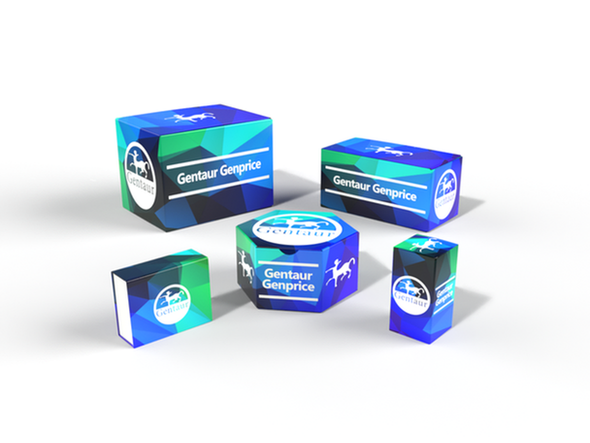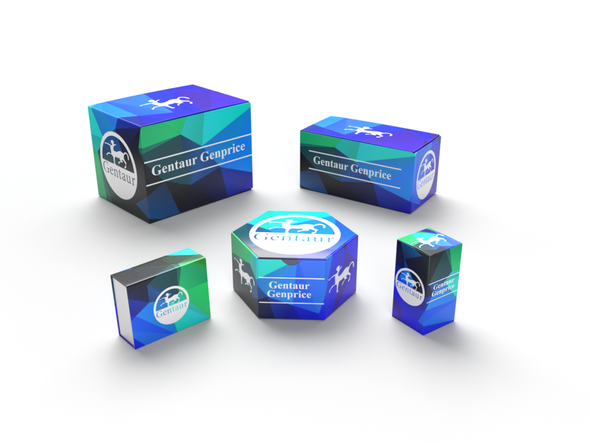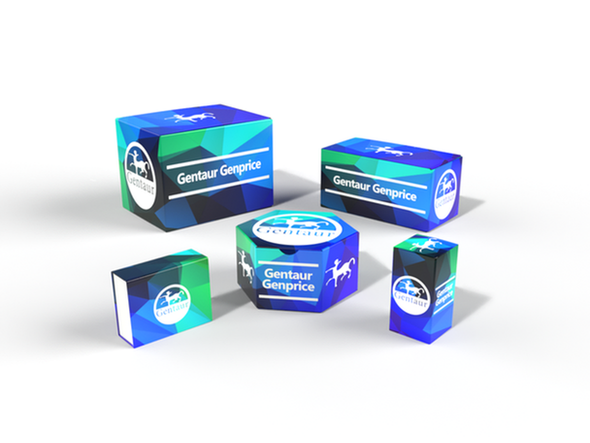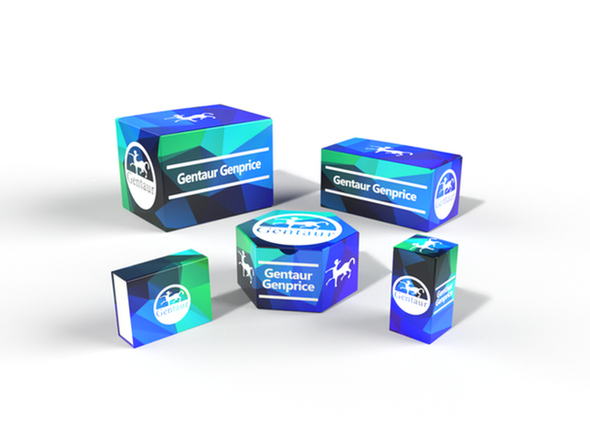749
Human Sorbitol dehydrogenase (SDH) ELISA Kit | KTE60558
- SKU:
- 749-KTE60558
- Availability:
- Usually ships in 5 working days
Description
Human Sorbitol dehydrogenase (SDH) ELISA Kit | KTE60558 | Gentaur UK, US & Europe Distribution
Application: This Human Sorbitol dehydrogenase (SDH) ELISA Kit employs a two-site sandwich ELISA to quantitate SORD in samples. An antibody specific for SORD has been pre-coated onto a microplate. Standards and samples are pipetted into the wells and anySORD present is bound by the immobilized antibody. After removing any unbound substances, a biotin-conjugated antibody specific for SORD is added to the wells. After washing, Streptavidin conjugated Horseradish Peroxidase (HRP) is added to the wells. Following a wash to remove any unbound avidin-enzyme reagent, a substrate solution is added to the wells and color develops in proportion to the amount of SORD bound in the initial step. The color development is stopped and the intensity of the color is measured.
Detection Method: Colorimetric
Conjugate: N/A
Sample Type: Cell culture supernatants#Serum#Plasma#Other biological fluids
Assay Type: Multiple steps standard sandwich ELISA assay with a working time of 3-5 hours. It depends on the experience of the operation person.
Kit Component: • Human Sorbitol dehydrogenase microplate
• Human Sorbitol dehydrogenase standard
• Human Sorbitol dehydrogenase detect antibody
• Streptavidin-HRP
• Standard diluent
• Assay buffer
• HRP substrate
• Stop solution
• Wash buffer
• Plate covers
Features & Benefits: Human Sorbitol dehydrogenase (SDH) ELISA Kit has high sensitivity and excellent specificity for detection of Human SORD. No significant cross-reactivity or interference between Human SORD and analogues was observed.
Calibration Range: Please inquire
Limit Of Detection: Please inquire
Usage Note: • Do not mix components from different kit lots or use reagents beyond the kit expiration date.
• Allow all reagents to warm to room temperature for at least 30 minutes before opening.
• Pre-rinse the pipet tip with reagent, use fresh pipet tips for each sample, standard and reagent to avoid contamination.
• Unused wells must be kept desiccated at 4 °C in the sealed bag provided.
• Mix Thoroughly is very important for the result. It is recommended using low frequency oscillator or slight hand shaking every 10 minutes.
• It is recommended that all samples and standards be assayed in duplicate or triplicate.
Storage Instruction: The unopened kit should be stored at 2 - 8°C. After opening, please store refer to protocols.
Shipping: Gel pack with blue ice.
Precaution The product listed herein is for research use only and is not intended for use in human or clinical diagnosis. Suggested applications of our products are not recommendations to use our products in violation of any patent or as a license. We cannot be responsible for patent infringements or other violations that may occur with the use of this product.
Background: Sorbitol dehydrogenase (SORD; EC 1.1.1.14) catalyzes the interconversion of polyols and their corresponding ketoses, and together with aldose reductase (ALDR1; MIM 103880), makes up the sorbitol pathway that is believed to play an important role in the development of diabetic complications (summarized by Carr and Markham, 1995 [PubMed 8535074]) . The first reaction of the pathway (also called the polyol pathway) is the reduction of glucose to sorbitol by ALDR1 with NADPH as the cofactor. SORD then oxidizes the sorbitol to fructose using NAD (+) cofactor.
Alternative Names: SORD; SORD1;
Search name: SORD; SORD1;
Tag: SORD










